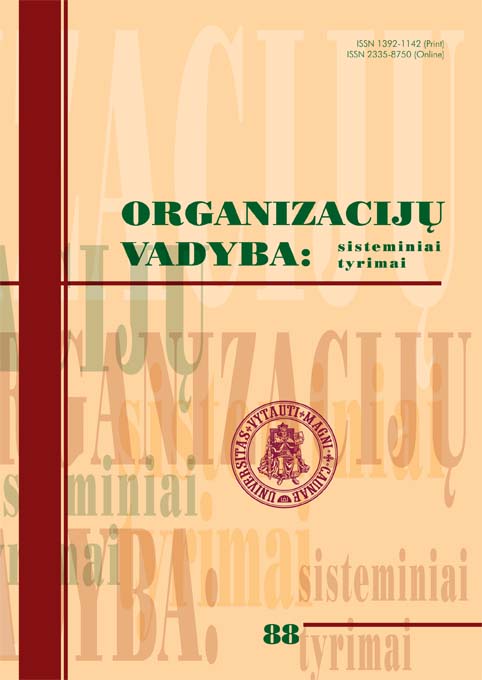The Impact of Household Wealth and Other Factors on Retirement Saving Behaviour in an Ageing Society: The Case of Lithuania
The Impact of Household Wealth and Other Factors on Retirement Saving Behaviour in an Ageing Society: The Case of Lithuania
Author(s): Inga BlažienėSubject(s): Gerontology, Socio-Economic Research
Published by: Vytauto Didžiojo Universitetas
Keywords: Household saving behaviour; Retirement saving; Behavioural economics;
Summary/Abstract: The main aim of the paper is to analyse the impact of household wealth (real estate, financial and other assets), income, age, education and gender on the saving for retirement behaviour of Lithuanian households. The wealth of households is one of the possible guarantees to ensure welfare in old age or another “force majeure” situation. Both non-financial and financial assets can be the saving instruments or factors influencing saving behaviour. The paper presents how much and what kind of assets Lithuanian households have accumulated and what level of income and financial ability to save they have. The research is based on the data from the Household Finance and Consumption Survey (HFCS). Data analysis reveals income and education is the most influential factors of retirement saving behaviour, households’ wealth has a positive and negative impact on retirement saving behaviour.
Journal: Organizacijų vadyba: sisteminiai tyrimai
- Issue Year: 2022
- Issue No: 88
- Page Range: 31-53
- Page Count: 23
- Language: English

